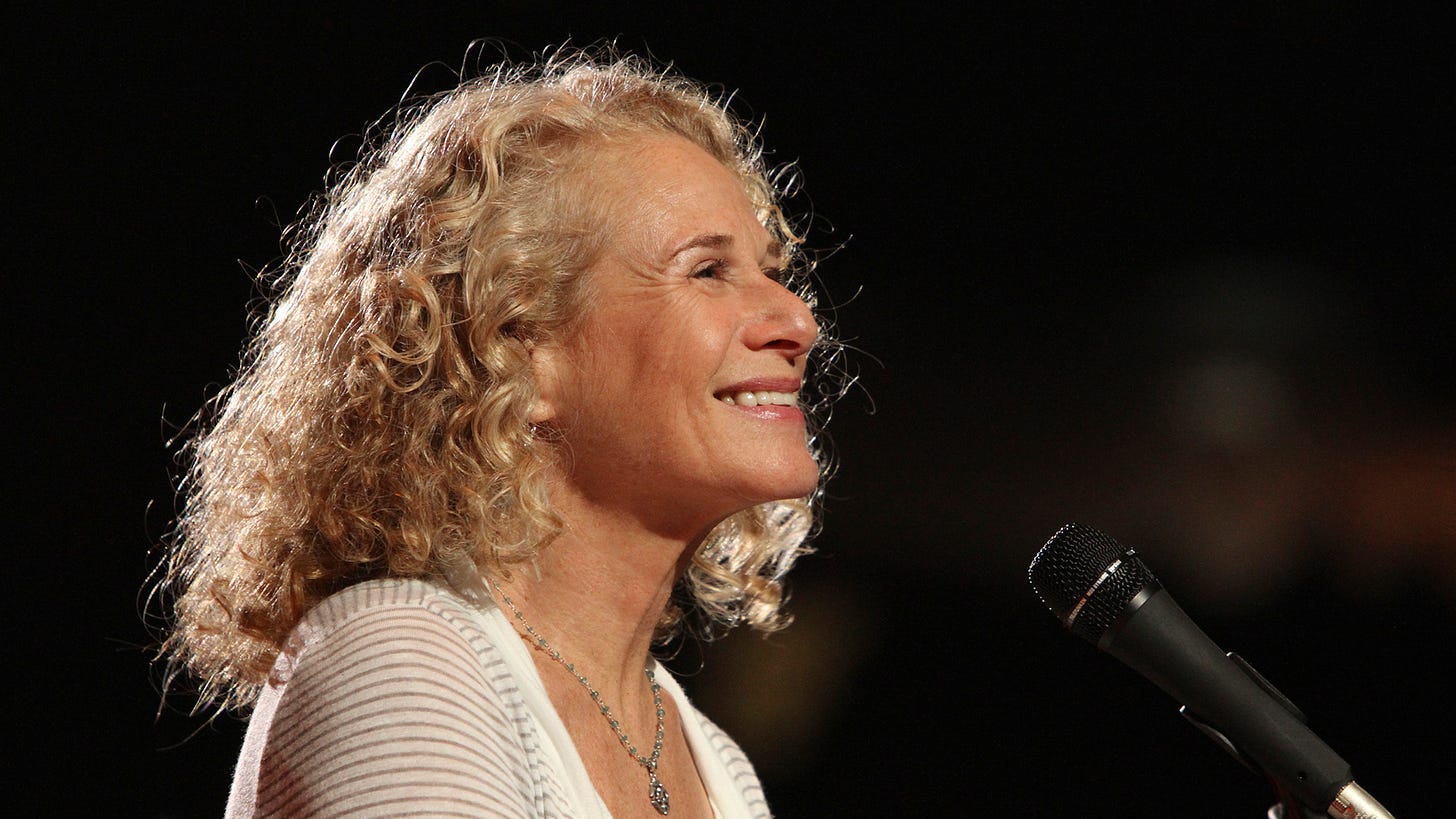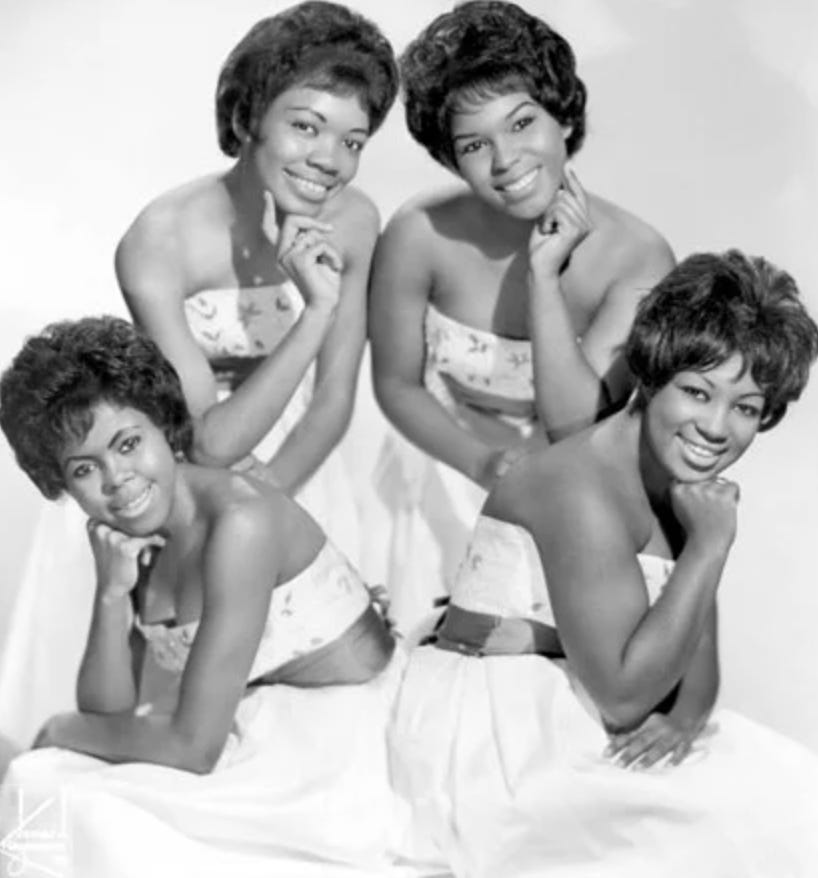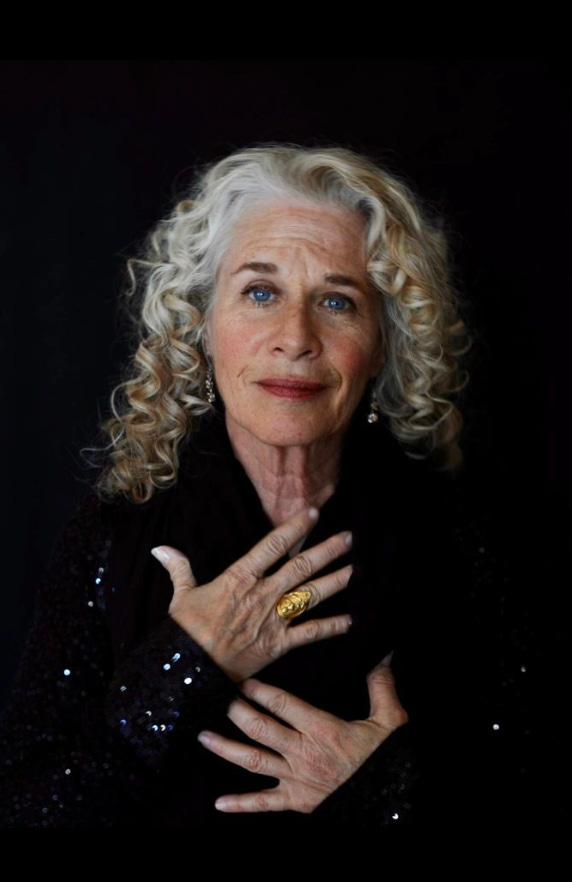It is, indeed, a beaut worth seeing

Sometimes, it takes a while for something timely and delightful to reach me. Today, I found my way to “Beautiful: The Carole King Musical,” catching a road show performance in Philly only 10 and a half years after the show debuted in San Francisco, which was a tad before its opening on Broadway.
But, a decade on, the show remains a nostalgic wonder and something that, in opposition to our tortured times, seems like a throwback to what was in some ways a less troublesome era. When Carole Klein (stage named King) was breaking into pop music in the late 1950s and early 1960s, her earworms such as “The Loco-Motion” and “Take Good Care of My Baby” were the background sounds for the young lives of many of us.
Sure, these simple tunes seem a mite saccharine nowadays, especially when compared with, say, Dylan’s superb work and grittier stuff from the Stones, the Doors and such. King’s tunes don’t address social issues, but they do tug at one’s heartstrings and can be remarkably danceable.
King’s bouncy early work preceded her more anguished and world-weary stuff. That was slated for her 1971 album, Tapestry, which offered such touching hallmark pieces as “So Far Away,” “It’s Too Late” and “You’ve Got a Friend” – the last also rendered so well by King’s professional partner for a long time, James Taylor.

As I listened (and, with difficulty, kept myself from singing along) to the tune-packed “Beautiful” at the Walnut Street Theater, it struck me that her evolution from a 16-year-old pop prodigy into someone both scarred and enriched by the world was something of a mirror for American society. The torments so many of us were witness to over the decades – from big things such racial strife and wars to small-bore and more intimate relationship difficulties – were reflected in King’s experience. In real life, she was married four times, including once to a drug-addicted abuser, and she had several professional ups and downs along the way.
The show, and her music, touches only mildly on the dark personal stuff. But some of the tunes in the production, such as “We Gotta Get Out of This Place,” a bleak 1965 piece written by a couple of King’s colleagues in Don Kirshner’s remarkable songwriting operation, echo larger and very troublesome things. The song was adopted as a kind of anthem by young Americans mired in Vietnam. And, on a more personal note, “You’ve Lost that Lovin’ Feeling,” by three King colleagues, was a very much on the sad side. Even King’s pleading “One Fine Day” had a touch of melancholy beneath the bubbly surface.
As a friend, former Washington Post theater critic Peter Marks, wrote of a 2015 production: “Some of the best sequences are emotional settings of some of King’s most famous songs: King, leaving for Los Angeles and singing a farewell to [some early colleagues and] a post-divorce King in an L.A. recording studio, mustering the strength to belt out a rousing ‘(You Make Me Feel Like) A Natural Woman.’”

Much of the show dwells on King’s early stuff, written before many of the social troubles of the later ‘60s and early ‘70s, and it’s notable how much she wrote to be sung by Black groups. The Shirelles, the Chiffons and the Drifters, for instance, had big hits with ditties penned by this petite Jewish girl from Brooklyn. For them all, there was an innocence about such tunes as “Will You Love Me Tomorrow,” “Up on the Roof” and “Some Kind of Wonderful.” So, too, with Aretha Franklin’s smash, “(You Make Me Feel Like) A Natural Woman,” a 1967 product by King and colleagues.
Admittedly, I was late to the party in seeing “Beautiful,” but it was a joy to hear those tunes again, along with others from the era, such as the Gene Vincent rockabilly hit “Be Bop a Lula,” and “Who Put the Bomp” (cowritten by King’s first husband, Gerry Goffin, and a colleague) along with “On Broadway,” and “Uptown” (both by a couple of King’s colleagues) And, of course, there was King and Taylor’s enduring “I Feel the Earth Move,” very much a grownup song from Tapestry, and the titular “Beautiful.” Each, in their own way, made for performance that leaves one humming.

If you haven’t seen the show, put in on your list before it fades away. At 82, King may be with us for a while yet, but her work is very much of its time and, in its light touch, that time is past. Today’s phenoms, such as Taylor Swift, owe much to King – both in terms of women making their marks in pop music and in being able to draw on their personal lives to make their art. In her own subtle way, King blazed the trail for them.
